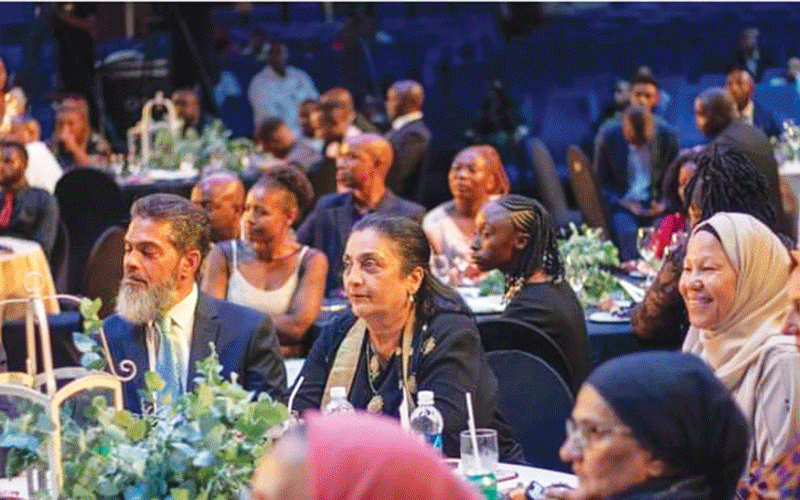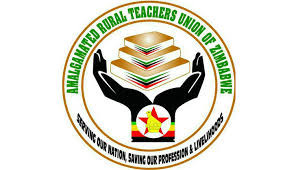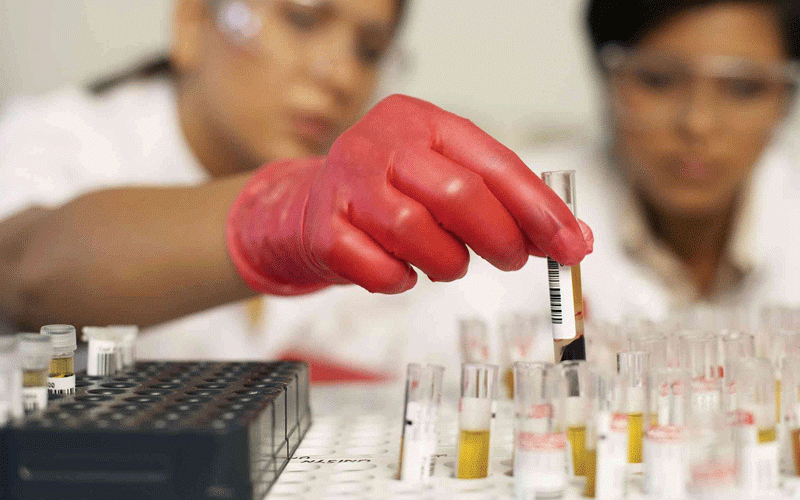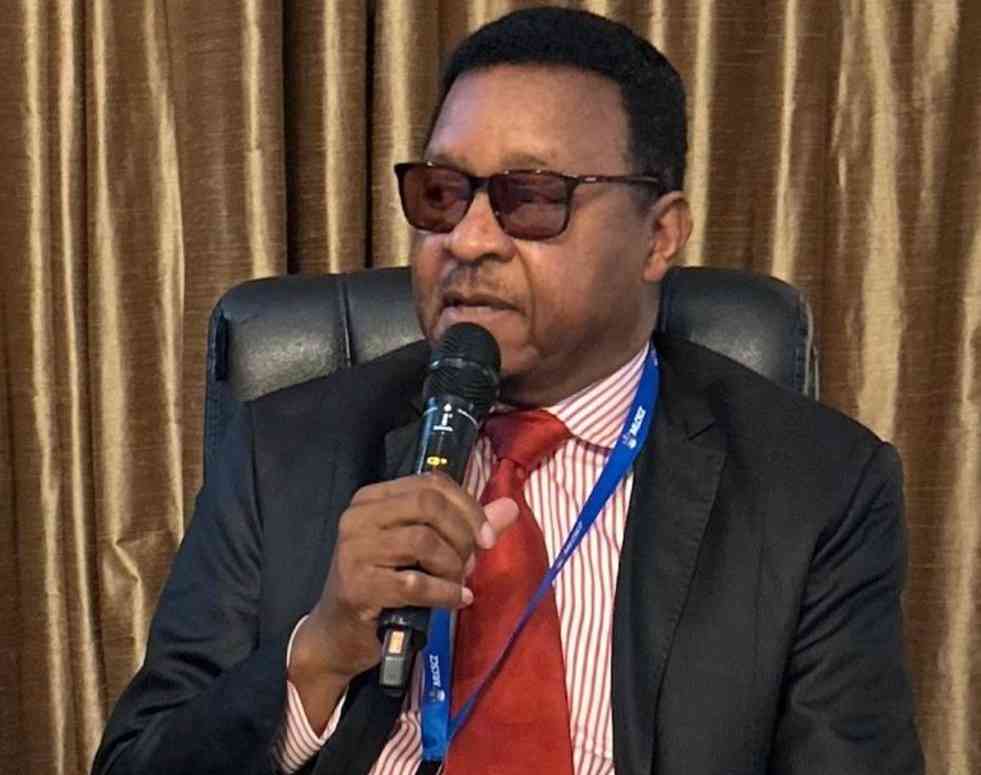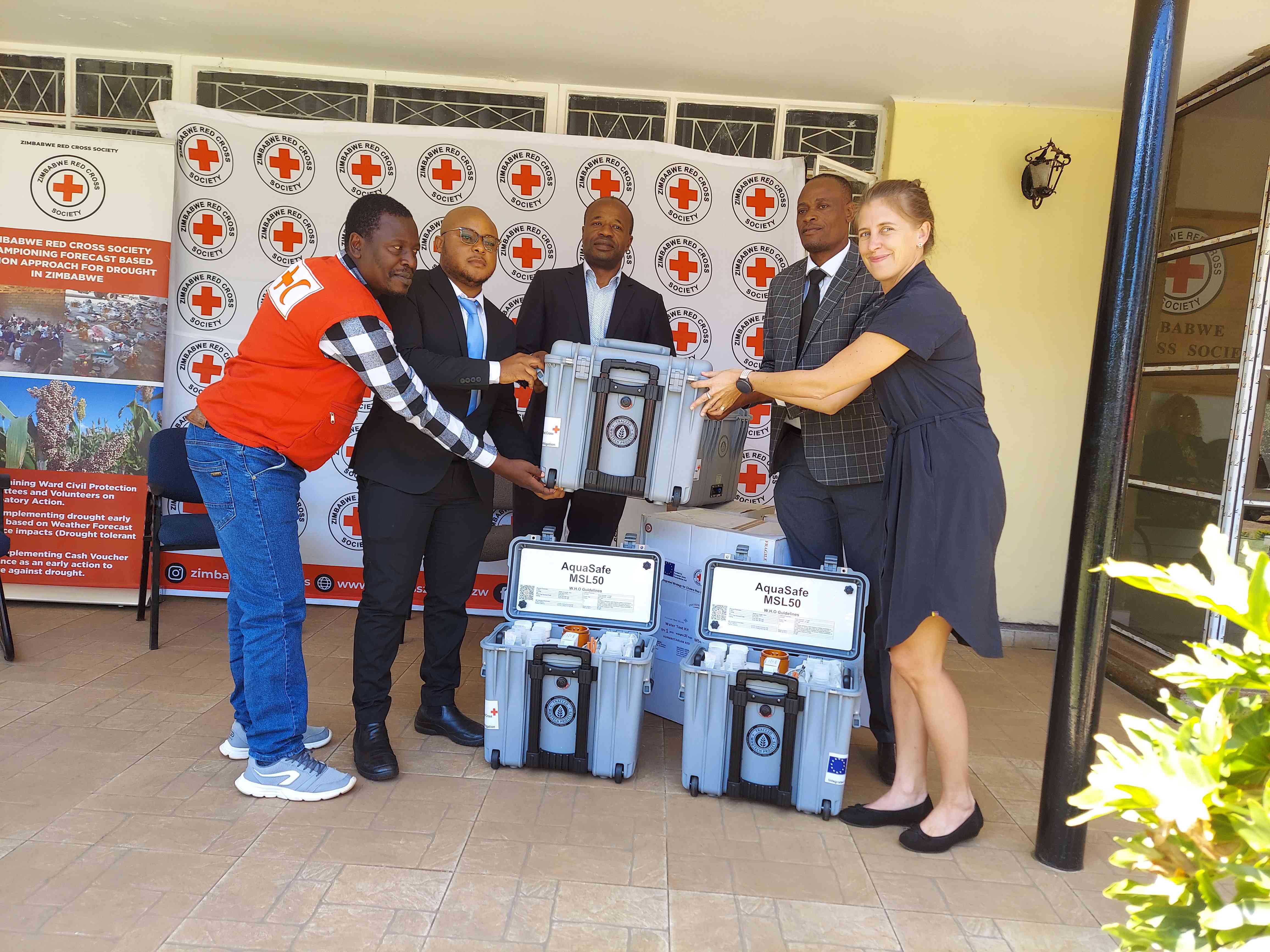
The Zimbabwe Red Cross Society (ZRCS) has intensified its cholera intervention programmes in Harare after donating aqua safe water quality testing kits and gadgets to the City of Harare as part of the organisation’s Integrated Strategy for Cholera Risk Elimination and Mitigation project.
The equipment, which is used to monitor water quality, will mainly operate from five clinics in the city’s cholera hotspots.
Speaking at the handover ceremony of the equipment on Thursday, ZRCS secretary-general Elias Hwenga said his organisation had been on the front lines, offering support, care, and expertise in the face of adversity.
“Today's donation underscores our commitment to proactive measures. These kits are aimed at enhancing the capacity of the City of Harare to do water quality monitoring and surveillance to ensure access to safe drinking water at household level, a key step in preventing the recurrence of waterborne diseases,” said Hwenga.
“We are grateful particularly to our partners for this project - the Finnish Red Cross and the European Commission Directorate General for Civil Protection and Humanitarian Aid for their technical and financial support.”
Communities such as Glenview, Budiriro, Highfield, Glen Norah and Hopley are among the city’s cholera hotspots where ZRCS is operating from.
City of Harare’s acting head environmental health services John Manyara said the equipment will go a long way in addressing the cholera situation in the country.
He said collaborations were paying dividends.
- Byo armed robber in court
- Woman jailed 12 years for indecent assault
- Magistrate jailed 3 years for abuse of office
- Zim’s poor batting hands India series
Keep Reading
“The donation of five aqua safe water quality kits and five gadgets will go a long way in plugging the existing gaps and averting imminent mortality and morbidity due to water borne diseases,” Manyara said.
Manyara said they were working hand in glove with the Health and Child Care ministry and various partners like the ZRCS.
A representative from the Provincial Medical Director for Harare Tafadzwa Bwerinofa was a major boost for the local authority’s water reticulation system.
“This donation will capacitate and empower our local authorities and health professionals to identify contaminated water sources promptly, take swift action to rectify the situation and ensure that clean and safe drinking water is readily available to the people of Harare,” he said.
He said the impact of the donation extends beyond the immediate crisis.
“By addressing the source of the problem we can implement long term solutions that will prevent future cholera outbreaks. This proactive approach will not only save lives, but also alleviate the burden on the healthcare system and enhance the overall well-being of the community.”
The ZRCS under the Integrated Strategy for Cholera Risk Elimination and Mitigation project has set up three oral rehydration points in affected communities which include Churu farm in Glenview, Nhando in Hopley and Budiriro 5 extension.
The oral rehydration points are strategically located in communities for enhanced community cholera case management thereby reducing the burden at health centres.
According to Health ministry data, as of Thursday, Harare had recorded 7 311 cholera cases and 62 death cases.


